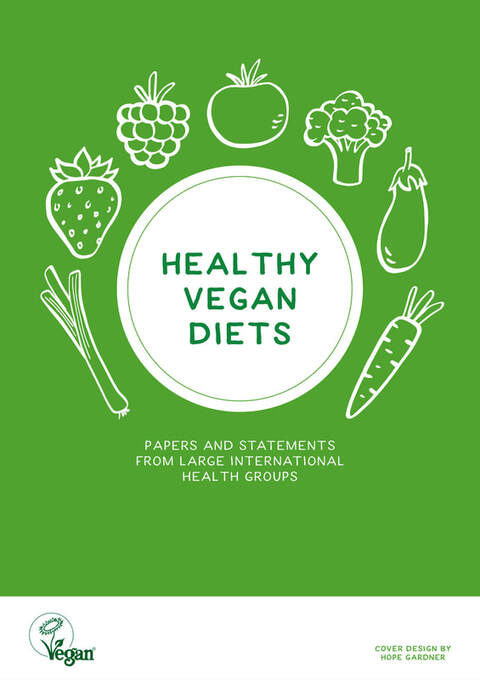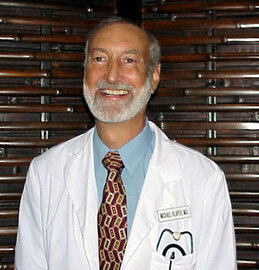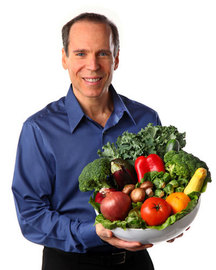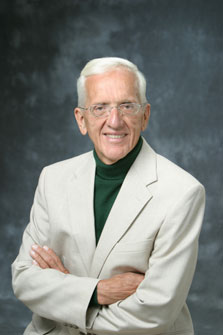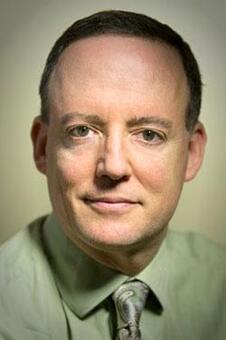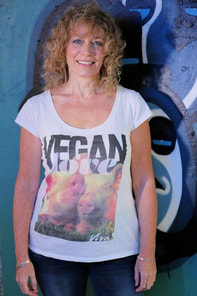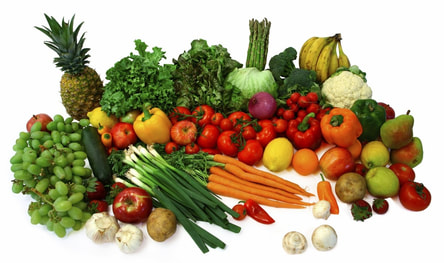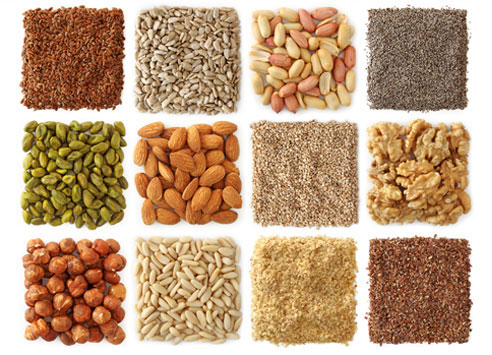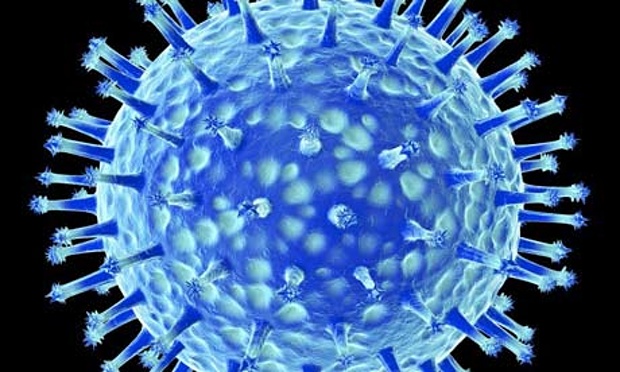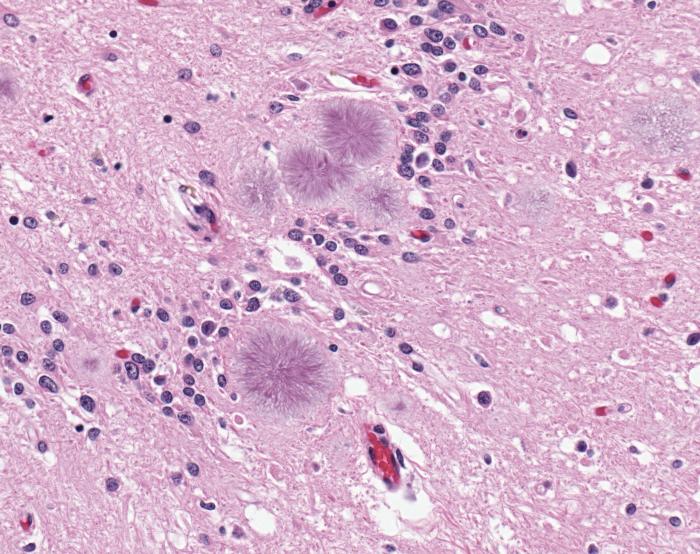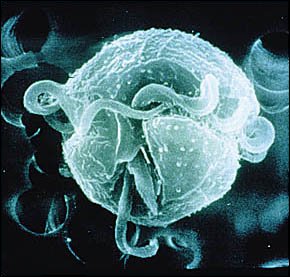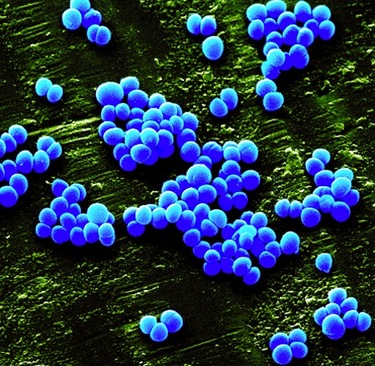Vegan For Human Health
A fascinating talk about health by Dr. Michael Gregor
|
There are many international health bodies that confirm humans can be healthy on a vegan diet at every stage of life, from birth to death. Here is a free pdf of 4 of those groups with papers and statements that explain how. Free download link - https://tinyurl.com/y5fzl3vk Below are links to the work of many vegan doctors, further reading and papers about the positives of eating a vegan diet. And the many risks of eating animals products such as diseases and viruses among other things. |
This website also has a collection of informative papers and positions - 100vegan.weebly.com/health.html
Papers confirming you can be a healthy Vegan
- Position of the American Dietetic Association:Vegetarian Diets - A paper from the American Dietic Association, explaining a well planned Vegetarian or Vegan diet is – ‘Nutritionally adequate’.
- American Dietetics Association - 'Position of the American Dietetic Association: vegetarian diets'.
- NHS UK - National Health Service - 'The Vegan diet'.
- British Dietetics Association - 'British Dietetic Association confirms well-planned vegan diets can support healthy living in people of all ages'.
- ‘Plant proteins in relation to human protein and amino acid nutrition’ - Vernon R Young and Peter L Pellett’. - This paper explains about the protein myths (page 8), and shows that plant-based diets are all we need.
- 'Comparison of Nutritional Quality of the Vegan, Vegetarian, Semi-Vegetarian, Pesco-Vegetarian and Omnivorous Diet'
Vegan Health Professionals
Click on their photos to get to their wensites
- Pat Reeves - Practitioner of Nutritional and Functional Medicine, Full member of the British Association for applied Nutrition and Nutritional Therapy, registered with the Therapy Council and CNHC - www.foodalive.org
Other health information websites.
- www.pcrm.org - Physicians committee for responsible medicine
- www.vegetarian.org.uk - A great resource for nutritional information from Viva!
- www.adaptt.org/veganism.html# - 'Vitamins, Minerals, and Other Nutrients: From A to Z' this also includes which foods contain each one too.
- www.plantbaseddoctors.org/ - The Plant-Based Doctors site is an international database of health care practitioners that understand the importance of nutrition and support a whole-foods plant-based diet.
Why a vegan diet?
Because a vegan diet is
- Naturally lower in saturated fat
- Contains no cholesterol
- Naturally higher in fibre
- A very low or no chance of containing vCJD (human form of BSE), salmonella, swine flu (H1N1), bird flu (avian flu), MRSA, campylobacter, hetercyclic amines (HCA), steroids, somatic cells (pus), animal hormones like oestrogen, IGF-1 (insulin like growth factor), pesticide residues (eg PCBs), pfiesteria piscicida, and heavy metals like mercury.
|
The bird flu (avian flu) virus. Photograph: Matthias Kulka/Corbis
www.theguardian.com/society/2007/feb/05/theissuesexplained.health Above is vCJD (Variant Creutzfeldt-Jakob disease), the human form
of BSE. www.who.int/mediacentre/factsheets/fs180/en/ Credit for photo: CDC / Sherif Zaki, M.D., Ph.D.; Wun-Ju Shieh, M.D., Ph.D., M.P.H. |
Pfiesteria piscicida
en.wikipedia.org/wiki/Pfiesteria_piscicida Above is MRSA (methicillin-resistant Staphylococcus aureus)
Read more here, www.who.int/mediacentre/factsheets/fs194/en/ |
How humans get protein through
eating plants.
tProtein is made up of building blocks known as amino acids.
Plant foods like quinoa, buckwheat, hemp seeds and chia seeds are sources of all eight essential amino acids we need for protein. However, all foods (apart from extracts such as sugar or oil) contain amino acids, which combine in our bodies to form protein. If vegans ensure they eat enough food in a day and that their diet includes a variety of vegetables, fruits, pulses, nuts and seeds they will get all the protein they need.
Supporting papers and websites
Below is an intersting video that explains the protein combining myth.
Plant foods like quinoa, buckwheat, hemp seeds and chia seeds are sources of all eight essential amino acids we need for protein. However, all foods (apart from extracts such as sugar or oil) contain amino acids, which combine in our bodies to form protein. If vegans ensure they eat enough food in a day and that their diet includes a variety of vegetables, fruits, pulses, nuts and seeds they will get all the protein they need.
Supporting papers and websites
- 'Comparison of Nutritional Quality of the Vegan, Vegetarian, Semi-Vegetarian, Pesco-Vegetarian and Omnivorous Diet'
- Position of the American Dietetic Association:Vegetarian Diets - A paper from the American Dietic Association, explaining a well planned Vegetarian or Vegan diet is – ‘Nutritionally adequate’
- ‘Plant proteins in relation to human protein and amino acid nutrition’ - Vernon R Young and Peter L Pellett’. - This paper explains about the protein myths (page 8), and shows that plant-based diets are all we need
- 'The Protein Myth: Why vegetarian and vegan diets contain all the protein that you need' - An insightful fact sheet by Amanda Woodvine for Viva Health!
- www.vivahealth.org.uk
- www.forksoverknives.com/slaying-protein-myth/
Below is an intersting video that explains the protein combining myth.
Below is the Vegan powerlifter and strongman Patrik Baboumian setting a world record by lifting 555.25kg over 10 metres. No other human being on earth can do this! He clearly gets enough protein!
Photo credit goes to David Cooper of http://cdn.onegreenplanet.org/wp-content/uploads/2010/10//2013/09/Vegan-strongman-David-Cooper-Toronto-Star.jpg
